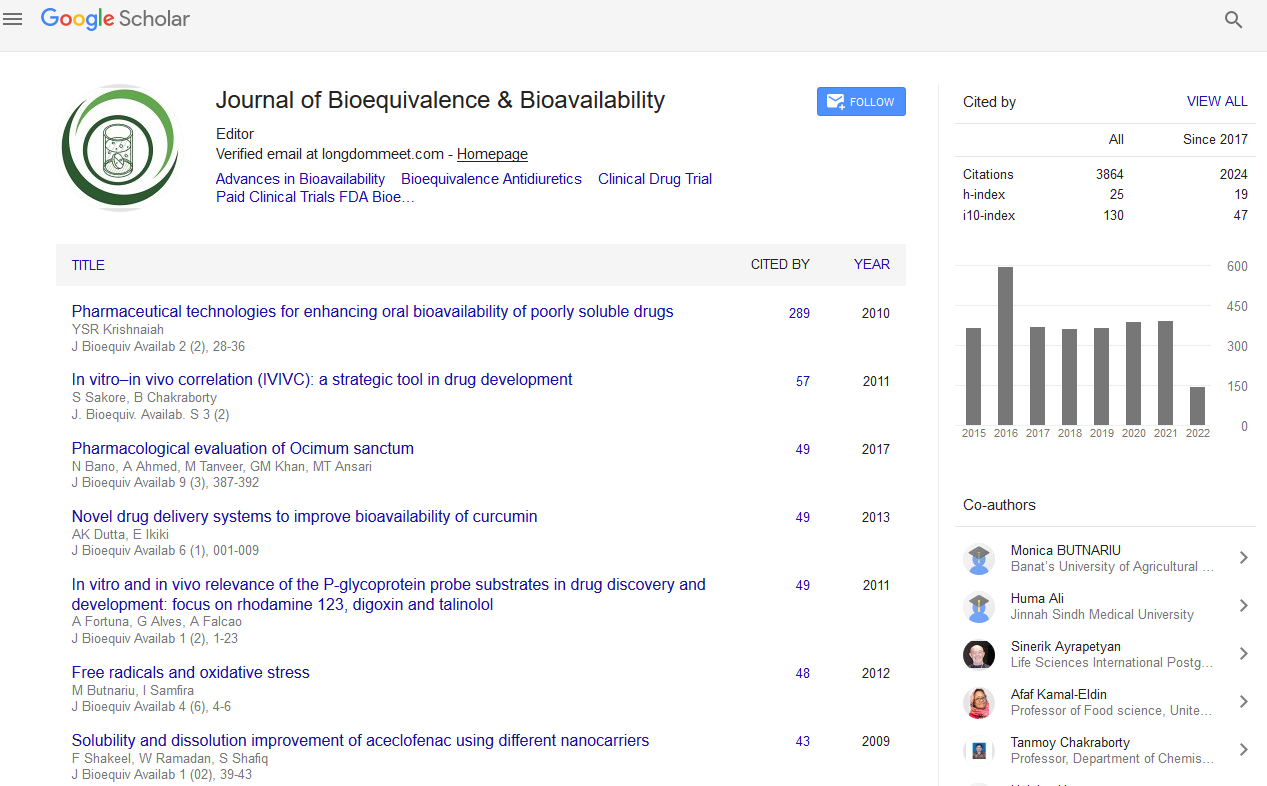PMC/PubMed Indexed Articles
Indexed In
- Academic Journals Database
- Open J Gate
- Genamics JournalSeek
- Academic Keys
- JournalTOCs
- China National Knowledge Infrastructure (CNKI)
- CiteFactor
- Scimago
- Ulrich's Periodicals Directory
- Electronic Journals Library
- RefSeek
- Hamdard University
- EBSCO A-Z
- OCLC- WorldCat
- SWB online catalog
- Virtual Library of Biology (vifabio)
- Publons
- MIAR
- University Grants Commission
- Geneva Foundation for Medical Education and Research
- Euro Pub
- Google Scholar
Useful Links
Share This Page
Journal Flyer

Open Access Journals
- Agri and Aquaculture
- Biochemistry
- Bioinformatics & Systems Biology
- Business & Management
- Chemistry
- Clinical Sciences
- Engineering
- Food & Nutrition
- General Science
- Genetics & Molecular Biology
- Immunology & Microbiology
- Medical Sciences
- Neuroscience & Psychology
- Nursing & Health Care
- Pharmaceutical Sciences
High-Quality combinatorial approaches for protein discovery and development
International Conference and Exhibition on Biowaivers & Biosimilars
September 10-12, 2012 Hilton San Antonio Airport, USA
Luke H. Bradley
Scientific Tracks Abstracts: J Bioequiv Availab
Abstract:
With the emergence of recombinant technology, molecular biology, drug formulation and delivery; proteins are increasingly being developed and utilized as biotherapeutics to treat a wide-array of diseases. However for the widespread use of proteins for these applications, often we are limited by their evolved physical and functional properties, as well as production costs. To overcome these limitations, in order to expedite discovery and streamline development, technologies are needed which successfully incorporate large collections of synthetic sequences into robust protein structural scaffolds. Here we present the application of high-quality protein library design approaches to generate large synthetic collections of soluble and highly expressible protein-binding proteins, free of incorporation of deleterious genotypic frameshifts and deletions, to facilitate the identification of proteins with novel and specific binding to non-physiological, and medically-relevant binding targets. Collectively, these findings support that high-quality combinatorial approaches are a platform technology for easily and productively generating large collections of functionally-rich proteins for emerging biotherapeutic applications.
Biography :
Luke H. Bradley completed his Ph.D. in biochemistry from Ohio State University. Following a postdoctoral fellowship at Princeton University, Dr. Bradley joined the faculty at the University of Kentucky College of Medicine as an Assistant Professor of Anatomy and Neurobiology. He is also affiliated with the University of Kentucky?s Center of Structural Biology and the department of Molecular and Cellular Biochemistry. Dr. Bradley?s research interests include the discovery and development of novel, synthetic peptide- and protein-based molecular platforms for downstream bioapplications and Parkinson?s disease therapeutics


